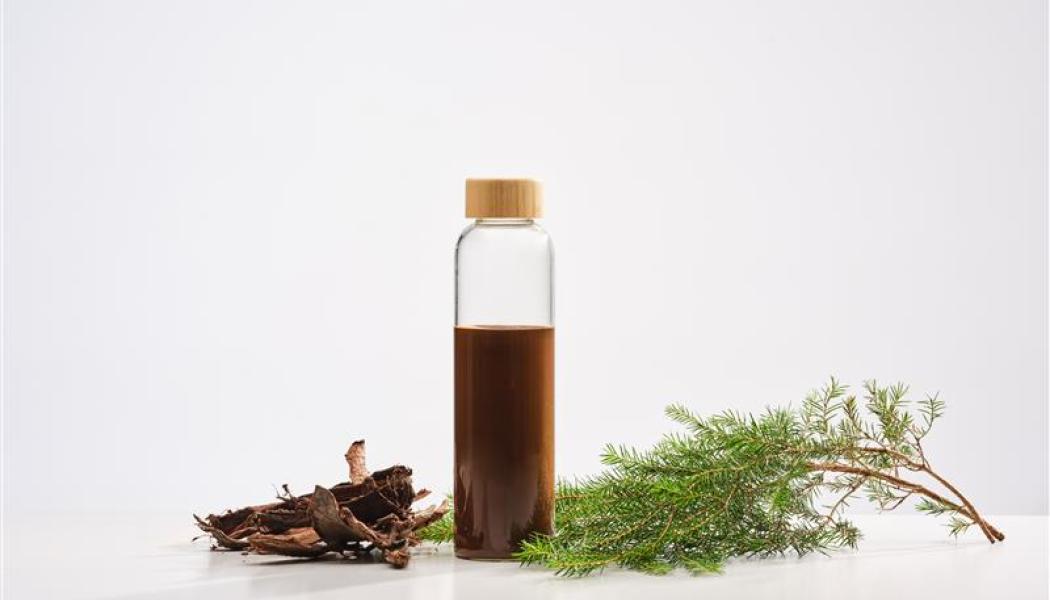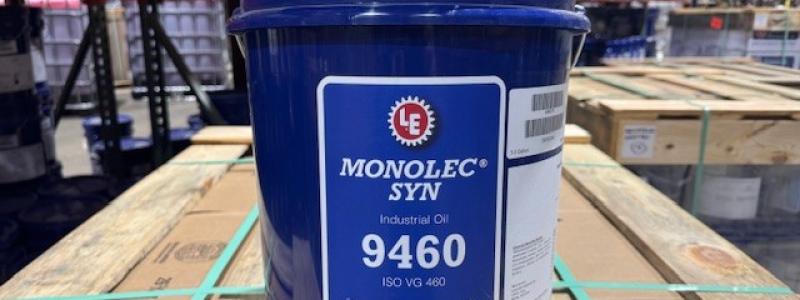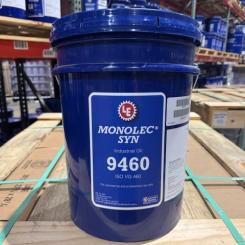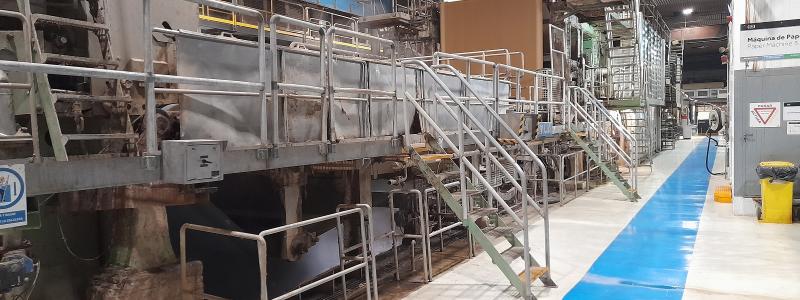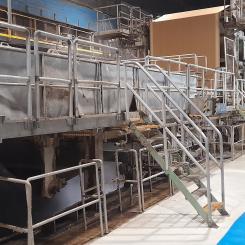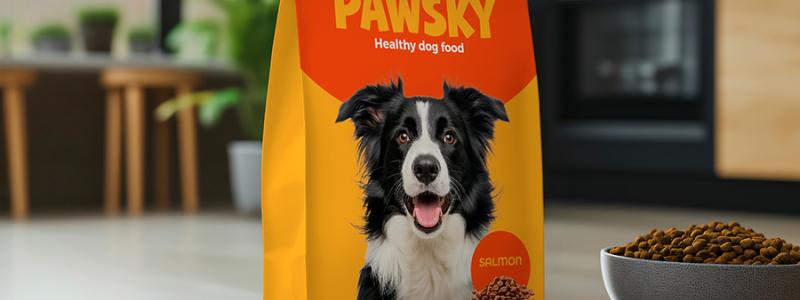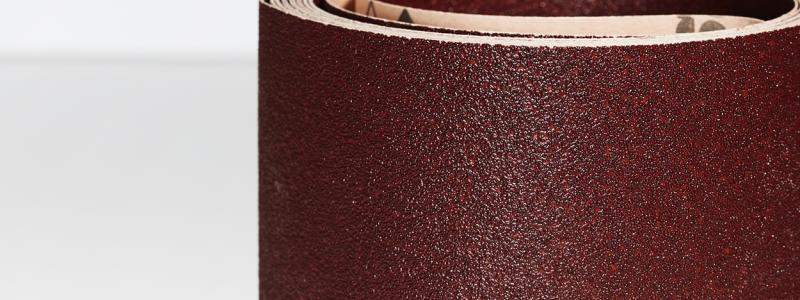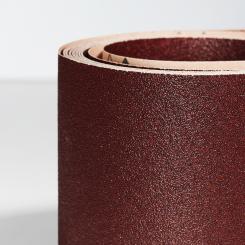Södra is investing in a production line at its Värö facility in Sweden, which will create a vegetable tanning agent from bark. This new tannin can be used to process leather in a more environmentally friendly way. The line will have the capacity to produce tannin for millions of square metres of leather.
“Now is the time to unite and maximise the potential of every tree, exploring innovative applications for tannin collaboratively. Together, we can develop fossil-free products and contribute to a more sustainable future," said Viktor Odenbrink, Sales Director, Södra Bioproducts.
Using bark for tanning is not new, but Södra is now industrializing the process in which the tanning substance is extracted from the bark and transformed into a product for tanning leather. Södra will produce large volumes of this type of tannin for the market and is also open to possible new markets where this sustainable tannin could be used to do good. Therefore, we would like to hear from potential partners who have an idea how our tannin could make a difference to their operation and to the transition to a fossil-free society within or outside the leather industry.
Harnessing the power of tannins and sustainable family forestry
Tannins are polyphenol oligomers and polymers present in plant tissues with a function to protect against herbivores and parasites. Tannins can complex with other plant constituents such as polysaccharides and proteins and therefore have crosslinking properties that can be used during tanning of leather or in adhesives. Additionally, tannins have antioxidant properties.
Södra is the largest forest-owner association in Sweden and an international forest industry group. With raw material from the sustainably managed forests of more than 50,000 forest owners, Södra produces timber products, pulp, energy and bioproducts, such as biochemicals – and is always looking to develop new products from trees.






